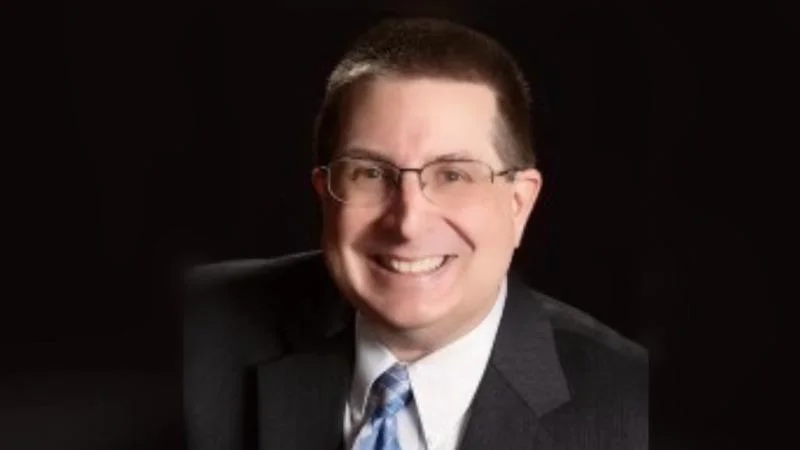Dean Rieck, Executive Director at Buckeye Firearms Association | LinkedIn
Dean Rieck, Executive Director at Buckeye Firearms Association | LinkedIn
A recent opinion piece by Rob Morse examines common responses to mass violence, particularly in the context of a recent attack on a church in Minneapolis, Minnesota. Morse critiques several widely used strategies intended to prevent such incidents, arguing that they are often ineffective.
Among the approaches discussed is the reliance on "gun-free" zone signage. Morse suggests that these signs do not deter criminals and may even attract them, as "murderers are attracted by plastic signs that advertise disarmed victims." He questions the effectiveness of regulations that restrict firearms in places like schools and churches, stating, "Narcissistic mass murderers look for disarmed victims. These murderers almost always attack 'gun-free' zones."
Morse also addresses mandatory background checks for firearm purchases. He claims these checks fail to stop criminals because "criminals don’t buy their guns at gun shops any more than they buy their drugs at the drugstore." He further argues that mental health interventions alone are insufficient, noting, "Experience taught us that mental health treatment isn’t always a cure. We shouldn’t count on talk therapy to protect the people we love."
Other measures criticized include mandatory waiting periods and ammunition capacity restrictions. According to Morse, such policies primarily affect law-abiding citizens rather than potential attackers: "Waiting periods don’t stop mass murderers, but they do disarm honest people who have an urgent need for armed defense." He adds that restrictions on magazine capacity can make it harder for individuals to defend themselves during attacks.
Age restrictions on firearm ownership are also questioned in the article. Morse points out that young people can be frequent crime victims and argues that disarming them does not enhance safety: "Disarming the coed as she walks home from her job at the convenience store doesn’t make us safer."
As an alternative to these policies, Morse advocates for allowing armed defenders in public spaces. He asserts there has never been a mass shooting at a school with publicly posted policies permitting armed staff and believes removing prohibitions against firearms could save lives: "In public spaces where our neighbors are allowed to defend themselves, we see them save the next dozen victims who would die if we waited for the police to defend us."
Morse concludes by comparing daily self-defense preparedness to maintaining personal health through regular exercise and moderation: "Armed defense isn’t hard, and it works. Like following our doctor’s advice, the difficult news is that we have to do it every day."
The article encourages readers to join organizations like Buckeye Firearms Association to support advocacy efforts related to gun rights.






 Alerts Sign-up
Alerts Sign-up